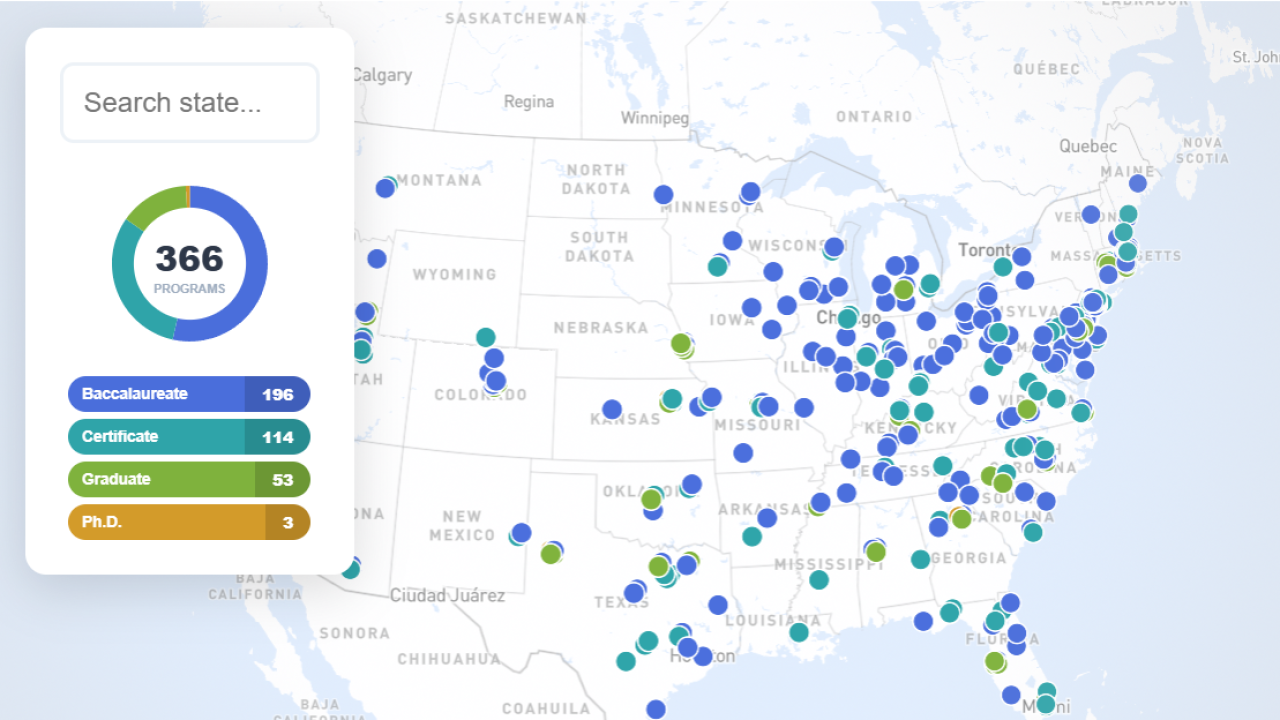Democrats have pivoted to the wallets of the working wealthy in their hunt for cash to fund a winnowing social spending agenda. Their latest proposals could lead to higher taxes on working professionals and business owners who earn good money but aren’t crazy-rich — a stark contrast to their earlier focus on billionaires.
After scrapping efforts aimed at the very richest Americans, lawmakers last week
“The people who are going to get hurt are not the really wealthy people doing sophisticated planning but the ordinary taxpayer,” including “mass affluent” individuals worth between $100,000 and $1 million and the would-be rich with small businesses, farms and properties, said Martin Shenkman, an estate planning lawyer based in Fort Lee, New Jersey.

President Biden has championed “equalizing” the ordinary taxes owed on wage income with the lower capital gains rates due on investment profits, the main fuel of wealth for the very richest. A few Democrats sank the billionaire provisions last week and are now fighting over money to pay for his slimmed-down social spending agenda, now $1.75 trillion from an original $3.5 trillion.
With Democrats holding a razor-thin majority in Congress, the latest proposal targets the sub-billionaire brackets. Starting next year, owners of basic trusts with more than $200,000 in annual income from capital gains, dividends and interest would pay an annual 5% levy. Trusts and estates with more than $500,000 in income would pay 8%.
People earning more than $10 million would also pay the 5% levy. Those making above $25 million would pay 8%.
Justin Miller, a partner and director of national wealth planning at Evercore Wealth Management, an independent advisory firm in San Francisco, said the upshot is that if someone dies with a trust holding an IRA, 401(k), other retirement account or small business with more than $200,000 of income, “that trust or estate for your loved ones could be taxed at the same rates as an individual making more than $10 million per year.”
‘A huge disparity’
On the trusts front, the proposed surcharges apply only to garden-variety, basic trusts that themselves pay tax. That includes so-called
It’s the far lower limits for trusts that pay their own taxes, like garden-variety revocable trusts, not grantor trusts, that have jolted advisors, who say a much less wealthy swath of people would feel the pain. A multimillionaire has to earn over $10 million before the surcharges kick in, but a simple trust owner gets hit at just over $200,000.
“It’s a huge disparity,” Shenkman said. “You sell grandma’s house and, bam.”
Absent in the latest tax proposal, to the relief of advisors to the wealthy, are earlier calls for higher individual and capital gains rates, limits on giant individual retirement accounts and curbs to grantor trusts used to pass tax-free fortunes to heirs. Also missing: a call to
Those now-dead, at least for now, proposals had sent wealth advisors and estate planners into
Suspicious of all trusts?
The surcharges are collectively called the “Millionaire Income Tax Surcharge.” But by applying not just to multimillionaires with fancy trusts but also to a far less wealthy base with simple trusts, advisors say they reflect a notion by lawmakers that trusts of all stripes are inherently suspicious.
“Congress believes that all trusts are used by wealthy people to avoid tax,” said Jonathan Blattmachr, an estate planning lawyer with Pioneer Wealth Partners in New York who is noted for his work on trusts. But they’re not, he and other estate planners said.

Biden has pledged not to raise taxes on those making less than $400,000 a year. But that’s what the new surcharges could do, some wealth professionals said.
“It’s going to be a tremendous shock to a lot of moderately wealth people with a property or a business in a trust set up not to evade taxes but to protect their loved ones,” said Scott Nammacher, a senior managing director at Empire Valuation Consultants, an independent valuer of property in New York.
Simple trusts would also get hit by another proposed new levy. Non-grantor trusts with income over $13,050 would pay the 3.8% net investment income tax, which helps fund Medicare. Individuals also have to pay that tax but only when a certain measure of their income exceeds $200,000 or $250,000 (for couples).
Trusts for all
The main purpose of a trust for the
In contrast, the typical purpose of a simple trust for middle class and moderately wealthy families is different. There’s no tax avoidance: They don’t need to avoid estate and gift taxes because they’re already under the levels at which they kick in — $11.7 million for individuals, $23.4 million for couples. They’re using trusts to keep their estates out of the lengthy probate process, when a court signs off on a will, and to lay out lines of inheritance, provide for children with special needs or restrict a child’s access to inherited money until they’re older and more responsible.
“Trusts are used for a lot more reasons than estate and gift tax savings,” Miller said. He added that “many people who don’t even need to worry about estate and gift taxes use trusts to protect their children. Maybe the kid has a gambling or addiction issue. Or you don’t want young kids getting all the money outright when they’re 18.”
If the proposed surcharges become the law and their advisor isn’t aware of the provision, such families could be in for a surprise. Lawmakers may vote on the plan this week, Bloomberg reported Nov. 1
“A family that owns a farm is not going to imagine that a tax that applies to somebody who makes $10 million also applies to them,” Shenkman said.
Surprises for heirs
Heirs could be in for a shock. Say a couple owns a business that makes $250,000 a year and that’s worth $5 million. The business is in a basic revocable trust. The couple is in the 24% federal bracket. Now say they die in a car accident, and their daughter inherits the trust. The top ordinary rate on a trust’s income starts at a very low income level — $13,050. Under the new proposal, the child inheriting the trust would end up paying almost double the tax that her parents did, or 48.8%.
Here’s Miller’s math for that scenario — a top ordinary rate of 37% plus the 3.8 percent net investment income tax plus the new 8% surcharge.
Things also get dire for inherited trusts that hold IRAs. That’s because a separate law from late 2019 says inherited IRAs must be
Daniel Rubin, an estate planning lawyer who co-chairs the trusts and estates group at law firm Moses & Singer in New York, said that if the surcharges become the law, individuals have until the end of this year to minimize future tax bills by moving money out of their trusts.
Shenkman added that an heir would need to make sure they faced no legal claims or lawsuits from a former spouse or creditor who would seek a piece of any large distributions.
Regardless of trust type, “if you’re an advisor, monitor the income,” Shenkman said. “If it gets close to $200,000, really start talking about distributions” to reduce the taxable income. “Because clients are not going to be happy if they find out” they could have avoided the surcharges.








